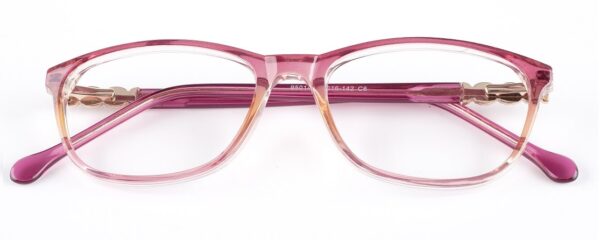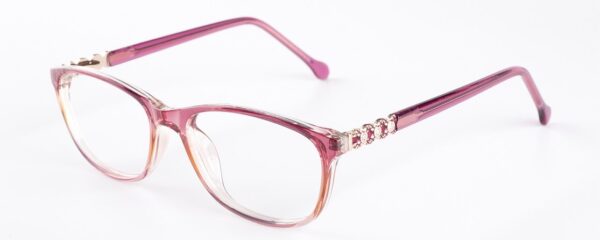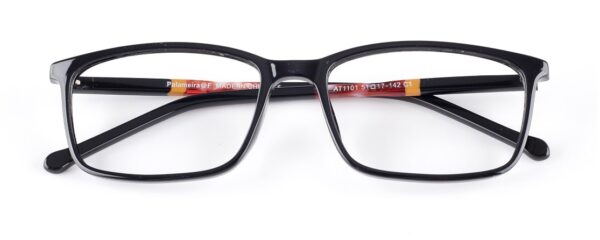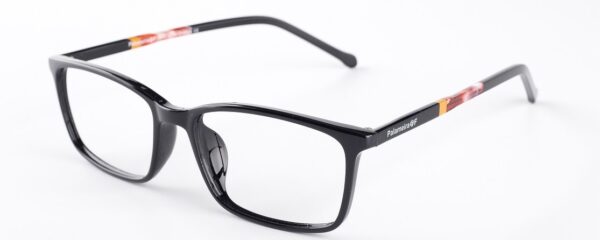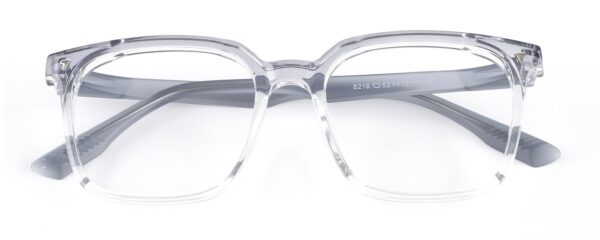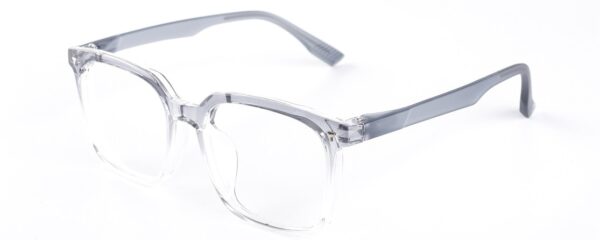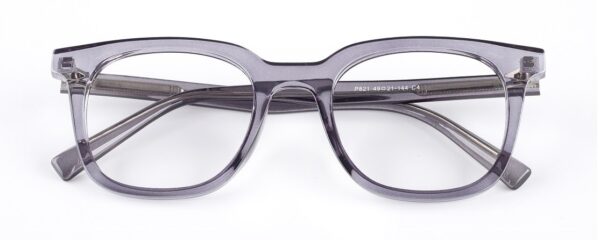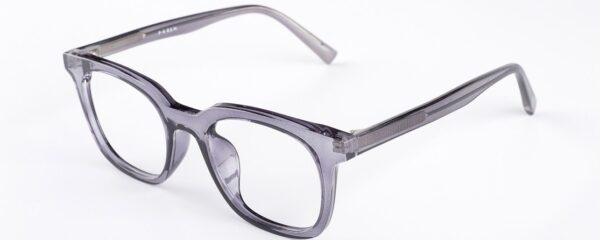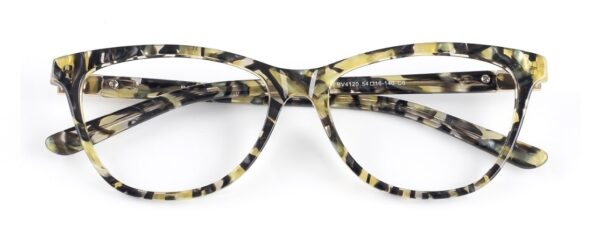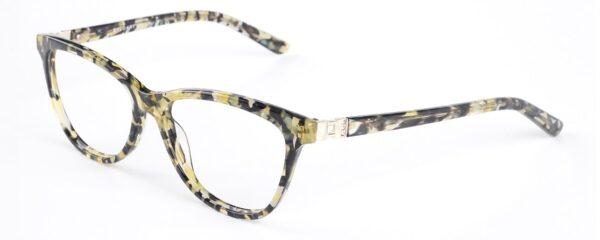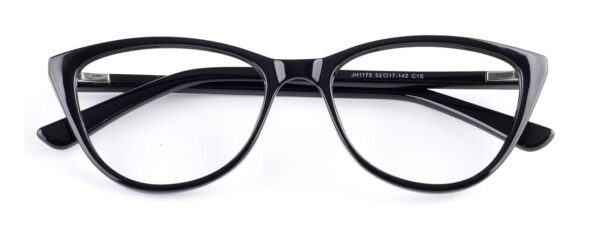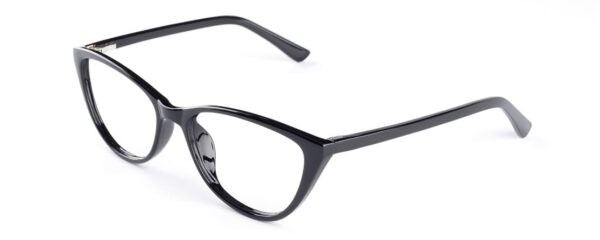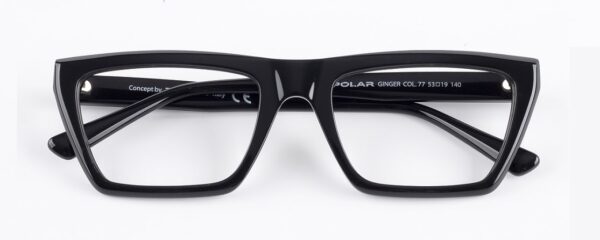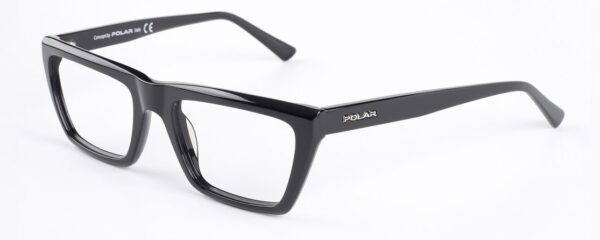Are glasses required if I have a diametric of 0.25 or if I am nearsighted?
This article was reviewed by an eye doctor at the Vinmec Hai Phong International General Hospital’s Department of Examination & Internal Medicine
Myopia patients can improve their vision by wearing eyeglasses, an effective measure at low cost. Nearsighted individuals are able to see close objects clearly, but are unable to see distant objects. Is it appropriate for nearsighted individuals to wear glasses on a regular basis, or should they only wear them when looking at a distance?
1. What does nearsightedness mean?
Consequently, light rays entering the eye are focused at a point in front of the retina instead of right due to an overly long eyeball axis affecting the focusing power of the cornea and the lens. In nearsighted people, the converging image on the retina of their retina is corrected with myopia glasses, which are diverging lenses.
2. When should I begin wearing glasses as a result of myopia?
Many people with myopia have the same question, whether being nearsighted without glasses is acceptable, or whether glasses should only be worn by those with extreme nearsightedness. In spite of this, it is necessary to wear glasses even when myopia is only 0.75 degrees, which does not adversely affect daily activities or work.
It usually has no significant impact on daily life, study and work because it is the smallest degree of myopia. In case of myopia of 0.25 degrees, you will not require glasses at all for normal activities. Many people are able to see well without wearing glasses at a nearsightedness of 0.50, although people with myopia might see a little blurry at this level. Nearsightedness of 1.00 degrees will make it difficult for individuals to see far away if the patient has a degree of myopia greater than 0.75 degrees.
In addition to wearing glasses when performing jobs that require long vision, such as driving, policemen, etc., people with myopia 1.50 degrees are nearsighted, so glasses should be worn to avoid affecting their performance at work. Whenever students and employees study and work, they are required to wear glasses if their nearsightedness is more than 2.00 degrees.
3. What is the recommended frequency of wearing glasses if I have myopia?
The need for glasses varies depending on the age and occupation of the individual. People with nearsightedness who are in their middle ages or work in jobs that do not require long sight do not need to wear glasses all day.
If you are nearsighted by 1-2 degrees, then you should only wear glasses at a distance, not all day, since this will result in your eyes losing the ability to adjust to close up. Long-term, your eyes will be dependent upon you if you wear glasses regularly throughout the day. This is entirely determined by the type of glass. Those who work a lot should take frequent breaks during the working period to let their eyes relax. Every 30 minutes, they should take a brief break to let their eyes rest.
In the opinion of specialists, individuals with severe myopia who are 2 degrees or more need to wear glasses regularly in order to improve their vision. Is it acceptable not to wear glasses with myopia? When myopia exceeds three degrees and is not being used, the eyes will continually adjust in order to see better, resulting in an increase in myopia that can result in retinal degeneration over time.
4. Is wearing glasses incorrectly harmful?
In many cases, nearsighted individuals encounter symptoms such as headaches, blurred vision, double vision, and distorted vision when wearing glasses. This phenomenon may be the result of wearing incorrect glasses, or the use of inferior lenses. When you wear the incorrect glasses, you may experience discomfort, not support myopia, or even cause dangerous amblyopia. The eyes have to adjust more strongly when wearing glasses higher than their true myopia, which results in headaches and dizziness. Nearsighted glasses can cause eye discomfort to an eccentric eye, which can lead to double vision long-term. Furthermore, too tight frames can cause discomfort and discomfort in the temples. To prevent creating dents on both sides of the nose that adversely affect the aesthetics, glasses and locations where they are placed need to be aligned correctly.
5. Provide proper care for myopia-affected eyes
Examinations of the eyes on a regular basis
In order to correct nearsightedness and support effective myopia treatment, people with myopia should undergo periodic eye exams and vision measurements every three to six months at specialized ophthalmology facilities. This allows nearsighted people to promptly adjust their glasses to suit their nearsightedness and receive appropriate eye care treatment guidance. In addition to preventing rapid eye growth and amblyopia, strabismus and other dangerous conditions, periodic eye examinations assist in preventing the wear of incorrect glasses.
Choose an eye examination facility that is reputable
Because myopia is a common problem, more and more eye examination and glasses clinics are opening, but not all have a team of experts and standard equipment to perform eye examinations. In order to ensure that patients receive a quality eye examination, it is important to select a reputable facility and consult a specialist.
The correct glasses should be selected
In addition to correcting myopia, good glasses should protect the eyes from harmful environmental elements such as UV rays, dust, fingerprints, and blue light. Myopia patients should wear glasses regularly, according to an eye specialist at Vinmec International General Hospital. If they do not wear glasses, they will have to adjust a great deal, which will accelerate the progression of myopia. It is important to adhere to the prescribed period of wearing glasses in order to improve myopia-affected eyesight. It is also important to follow the appropriate eye care regimen so as to maintain good vision.
There are international standards for eye specialties at Vinmec International General Hospital, which offer comprehensive quality in both expertise and medical services for the examination and treatment of eye-related diseases. Children, adults, and the elderly receive comprehensive vision and eye health care from Vinmec eye specialists, including refractive error checks, laser treatments, and surgery. Moreover, the department is responsible for coordinating the treatment of pathological complications as well as accident-related eye injuries with other clinical departments. Moreover, the Ophthalmologists at this facility are experienced physicians, who have performed a wide variety of surgical procedures, including routine to difficult procedures, especially procedures requiring aesthetics. Vinmec’s doctors provide the highest quality of service to their clients with enthusiasm and love for their profession.

















